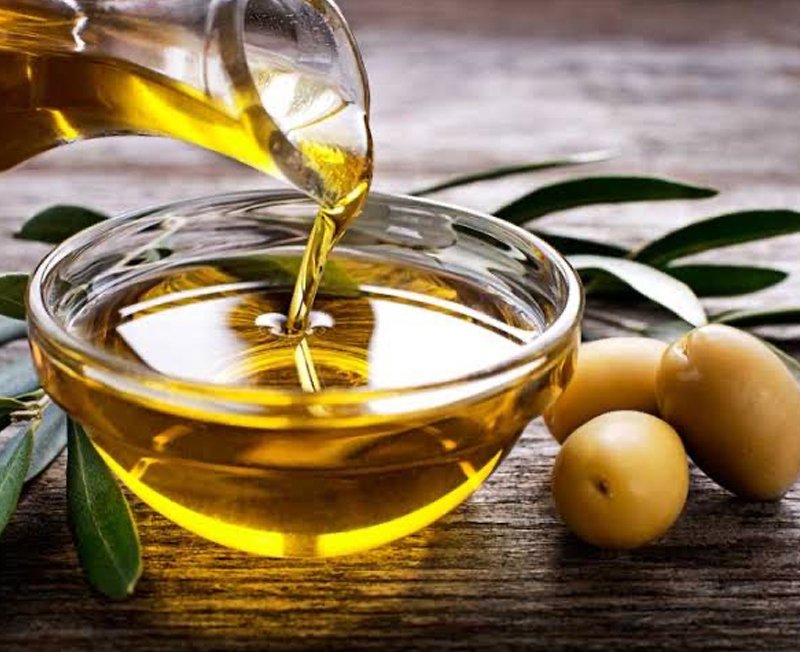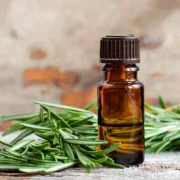
So far we had only been thinking of olive oil as a great salad dressing and an absolutely essential ingredient for making Hummus – but looks like it could be used for your face too. So we decided to see how well it works on the face. Here’s what we know:
The one problem we noticed right off the bat is that olive oil is thick. Even the most skincare-ignorant among us know that it’s sticky and heavy and, well, very oily—and while dousing our faces in olive oil sounded like an interesting experiment, we know how skin can react to heavy, sticky products.
So we decided to get the help of a dermatologist to see if olive oil can and should be used on the face.
1.Olive Oil Can Make You Glow:
When we say that olive oil will make you glow, we don’t mean because of its greasy quality. Despite the fact that it is a heavy oil for the face, it does have some natural benefits for the skin. It’s naturally high in squalene, an oil that mimics your skin’s natural sebum, so it’ll leave your skin barrier extra smooth and soft, and it’s also full of antioxidants that work hard to fight environmental skin damage.
However, the flip side is that olive oil does have some pore-clogging potential.
2.It Will Make You Break Out
While we are all for natural products, if olive oil really worked so well, who’d need high end skin products, skin care routines, and frequent trips to the dermatologist. The weight of olive oil is heavy, making it a breeding ground for acne. In terms of its comedogenic rating (i.e. how likely an ingredient is to break you out), olive oil has a moderate risk of clogging pores—less so than coconut oil, but still more than other common skincare ingredients.
So we suggest you keep the olive oil for your salad, not for your face. Of course, if your face never breaks out (well, aren’t you lucky), and you’re in a dry-skin pinch, you can test out olive oil and see how it works for you. Just make sure to massage a few drops over damp skin or your usual moisturizer to seal in hydration, rather than apply it to a dry face.


